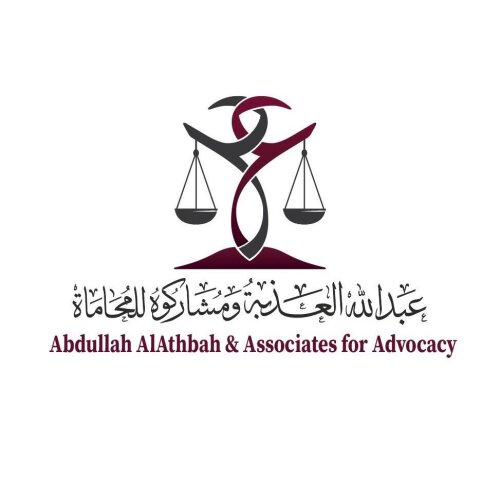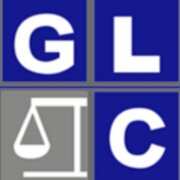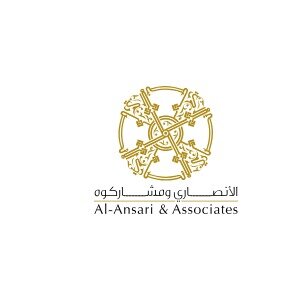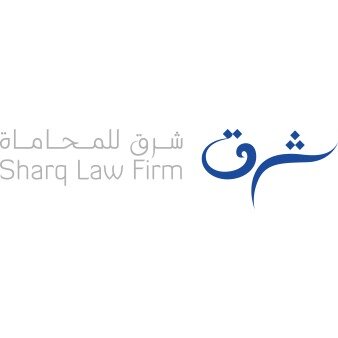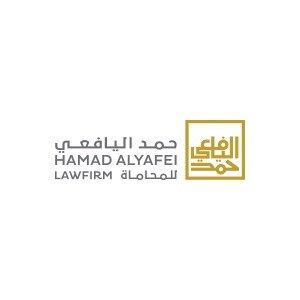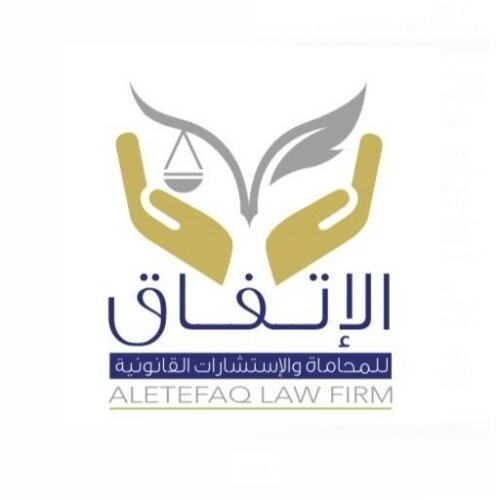Best Commercial Litigation Lawyers in Doha
Share your needs with us, get contacted by law firms.
Free. Takes 2 min.
List of the best lawyers in Doha, Qatar
About Commercial Litigation Law in Doha, Qatar
Commercial litigation in Doha, Qatar, refers to the process of resolving disputes arising from business or commercial relationships. This can include conflicts between companies, individuals, or a combination of both where commercial interests are involved. Such disputes are dealt with by the civil courts under Qatari law and may involve various matters, such as breach of contract, partnership disagreements, business torts, insolvency, construction law, and more. The State of Qatar has developed a robust legal framework to address commercial matters, reflecting its role as a key business hub in the Gulf region. The Qatari legal system combines elements of civil law and Islamic law (Sharia), and the laws are primarily written in Arabic.
Why You May Need a Lawyer
People and businesses in Doha may need the assistance of a commercial litigation lawyer for various reasons. Typical situations include:
- Disagreements over contracts, such as sales, supply, or service contracts
- Partnership or shareholder disputes within a Qatari or foreign-owned business
- Issues regarding business fraud, misrepresentation, or breach of fiduciary duties
- Claims involving construction disputes or real estate matters
- Insolvency and debt recovery actions
- Disputes related to intellectual property rights (trademarks, copyrights, patents)
- Enforcement of local or foreign judgments and arbitral awards
- Business-to-business conflicts and unfair competition violations
Navigating commercial litigation can be complex, particularly without an in-depth understanding of Qatari laws and court procedures. Consulting a qualified lawyer helps protect your business interests, ensures compliance with local regulations, and increases your chances of a favorable outcome in legal proceedings.
Local Laws Overview
The key legal framework governing commercial litigation in Doha, Qatar, includes the Civil and Commercial Procedure Law, the Commercial Companies Law, and other specific statutes regulating commercial activity. Important points for individuals and businesses to be aware of include:
- Language of Proceedings: Court proceedings and filings in Qatar are generally conducted in Arabic. It is essential for foreign litigants to work with lawyers who are fluent in both Arabic and English.
- Jurisdiction: The Qatari civil courts have jurisdiction over most commercial disputes, except where arbitration or another alternative dispute resolution method is stipulated in the contract.
- Time Limits: There are specific statutes of limitations for commercial claims. For example, most contractual disputes must be filed within a certain number of years from when the dispute arose.
- Alternative Dispute Resolution: Qatar encourages the use of mediation and arbitration, and parties can opt for these methods as alternatives to litigation. Notably, the Qatar International Court and Dispute Resolution Centre (QICDRC) deals with disputes under the Qatar Financial Centre (QFC) jurisdiction.
- Enforcement: Foreign judgments and arbitral awards can be recognized and enforced in Qatar, subject to certain requirements and reciprocity conditions.
- Costs: The losing party in a commercial litigation case may be ordered to pay the legal costs and court fees.
It is crucial to consult a legal expert to understand how these laws may apply to your particular situation, especially if you are new to the Qatari legal environment.
Frequently Asked Questions
What types of cases are handled under commercial litigation in Doha?
Commercial litigation addresses disputes such as breach of contract, shareholder issues, business fraud, construction claims, insolvency, intellectual property infringement, and other disagreements arising out of commercial relationships.
Which courts hear commercial cases in Qatar?
Civil courts, particularly the Court of First Instance, Appellate Court, and the Court of Cassation, handle most commercial litigation. Specialized venues like the QICDRC may handle certain cases linked to the QFC.
What is the official language used in court proceedings?
Arabic is the official language of legal proceedings in Qatar. Court documents, pleadings, and oral hearings are generally conducted in Arabic.
Can foreign court judgments be enforced in Doha?
Yes, foreign judgments and arbitral awards can be enforced in Qatar if they meet local requirements, including reciprocity and conformity with public policy. Legal advice is essential in these matters.
How long does commercial litigation usually take in Qatar?
The duration varies based on the complexity of the case, the workload of the courts, and the willingness of the parties to settle. Straightforward cases may be resolved within months, while complex disputes can take years.
Is arbitration common for resolving commercial disputes?
Yes, arbitration is a widely accepted alternative to traditional court litigation in Qatar, especially for high-value or international disputes. Many contracts include arbitration clauses, and Qatari law generally supports enforcing arbitral awards.
What options are there to resolve a dispute out of court?
Besides arbitration, parties can pursue mediation or direct negotiation to resolve disputes. These methods are often faster, more private, and less costly than court litigation.
What should I do if I am sued or served with a legal notice?
Consult a commercial litigation lawyer immediately. Timely action is critical due to filing deadlines, and a lawyer can help you understand your rights and develop a legal strategy.
Are commercial court proceedings public?
Court hearings are typically public in Qatar, but certain sensitive matters can be kept confidential upon request or at the court’s discretion.
What are the costs involved in commercial litigation?
Costs include court filing fees, legal representation fees, translation fees, and expenses for expert witnesses, if needed. The losing party is often ordered to pay court costs and sometimes reasonable legal fees for the other side.
Additional Resources
For more information and assistance on commercial litigation, consider the following resources in Qatar:
- Ministry of Justice - Provides official information on Qatari laws and access to legal services.
- Qatar Courts - Offers details on court procedures, case status tracking, and court locations.
- Qatar Chamber of Commerce and Industry - Provides business and legal support services for commercial entities.
- Qatar International Court and Dispute Resolution Centre (QICDRC) - Handles commercial disputes under the QFC and offers arbitration and mediation services.
- Qatar Lawyers Association - Connects individuals and businesses with licensed legal professionals in Qatar.
These organizations can help you understand your options, prepare necessary documents, or connect you with qualified legal professionals for further assistance.
Next Steps
If you are facing a commercial dispute in Doha, Qatar, or anticipate one, consider the following steps:
- Gather all relevant documents, such as contracts, correspondence, and internal company records
- Record a timeline of key events related to your dispute
- Consult a qualified commercial litigation lawyer licensed to practice in Qatar
- Discuss the specifics of your case and available legal strategies, including negotiation, mediation, arbitration, or court litigation
- Follow your lawyer’s guidance regarding procedural requirements and deadlines
- Keep communication lines open with your lawyer and respond promptly to requests for information
Taking timely and informed action is vital to protecting your legal and commercial interests in Doha. Professional legal support can make a significant difference in the outcome of your case.
Lawzana helps you find the best lawyers and law firms in Doha through a curated and pre-screened list of qualified legal professionals. Our platform offers rankings and detailed profiles of attorneys and law firms, allowing you to compare based on practice areas, including Commercial Litigation, experience, and client feedback.
Each profile includes a description of the firm's areas of practice, client reviews, team members and partners, year of establishment, spoken languages, office locations, contact information, social media presence, and any published articles or resources. Most firms on our platform speak English and are experienced in both local and international legal matters.
Get a quote from top-rated law firms in Doha, Qatar — quickly, securely, and without unnecessary hassle.
Disclaimer:
The information provided on this page is for general informational purposes only and does not constitute legal advice. While we strive to ensure the accuracy and relevance of the content, legal information may change over time, and interpretations of the law can vary. You should always consult with a qualified legal professional for advice specific to your situation.
We disclaim all liability for actions taken or not taken based on the content of this page. If you believe any information is incorrect or outdated, please contact us, and we will review and update it where appropriate.




